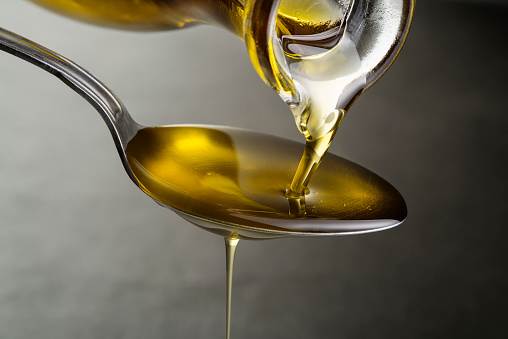Cooking Oil Facts: Safflower Oil
Safflower oil, or Carthamus tinctorius, is oil extracted from the flower or the seeds of the safflower. This oil is colourless and flavorless. It is used mainly in salad dressing and margarine. Safflower oil has two main categories: one high in monounsaturated fatty acids (oleic acid) and the other high in polyunsaturated fatty acid (linoleic acid). This oil is lower in saturates than olive oil, but it is higher in oleic acid. This make it a perfect salad dressing.
The benefits of Safflower Oil
Studies show safflower oil reduce the risk of coronary heart disease and improve symptoms of angina pectoris and coronary artery disease. It is also used in Chinese medicine. The cis-linoleic acid in Safflower oil can also lower prostaglandins.
Many believe safflower oil also promotes weight-loss. Though this idea may not be fully accepted due to the origins of this idea.
Controversy Behind Safflower Oil
Safflower oil grew in popularity due to the main efforts of the Pacific Vegetable Oil Corporation, a Montana Plant. In 1959, safflower was not as so popular. However, it was the combine efforts of PVO, Herman Taller, and the American Heart Association that helped make this oil popular.
The PVO Corporation embarked in a series of public relations efforts. They promoted safflower oil as a salad oil produced from prepress oil which had a longer shelf life and an oil than can help reduce blood cholesterol. There promotion attracted much investment and public interest. One was Herman Taller, a Romanian-born American doctor, who wrote the controversal best selling book “Calories Don’t Count“.
His book advocated radical weight loss measure based on a low-carbohydrate diet and a regular intake of polyunsaturated fats, including safflower oil. Actually the publishers wanted to promote the book with other safflower products and safflower capsules (since the oil was not widely available at the time).
However, PVO did not agree with the claims of the publisher and the author. It’s own research attributed weight loss due to the absence of a high calorie carbohydrate diet. Despite this, the book surged in popularity and became the number one national nonfiction best seller in a mere 2 months after it publication.
Next, help from the American Heart Association also boost the promotion of the book. For this reason, the idea that safflower oil can help promote weight loss spread from Hollywood to the rest of America.
Don’t forget to leave your comments about this article on sesame oil and you experience cooking with it.

